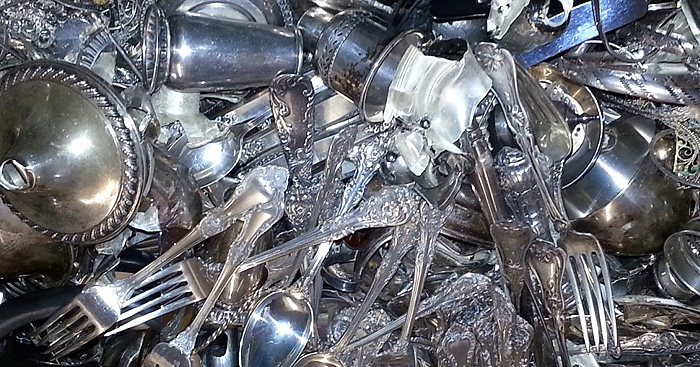The antibacterial qualities of silver have been employed in medicine for ages. It has assisted in the treatment of illnesses like cholera, TB, and even the plague. To aid in preventing infection and hasten healing, silver is often utilized in wound dressings.
The History of Silver Utilization in Medicine & Health Care
Due to its antibacterial qualities, it has been shown to be useful in several medical applications. To keep water and other liquids fresh and discourage bacterial growth, ancient civilizations, including the Egyptians, Greeks, and Romans, employed silver vessels. In the 16th century, Paracelsus, an alchemist and Swiss physician, employed silver compounds in his therapeutic regimen and promoted their use for the treatment of several ailments.
The Science Behind Silver’s Unique Healing Properties & Benefits
The broad-spectrum antibacterial characteristics of silver allow it to effectively kill or prevent the growth of a variety of microorganisms, such as bacteria, fungi, and viruses. Additionally, silver ions can bind to microbial DNA, blocking the reproduction of their genetic material.
Modern Applications of Silver to Improve Health & Wellness
- Care for Wounds: To fight infections and speed up the healing process, silver is frequently used in lotions and dressings for wounds. As they aid in reducing the microbial burden and fostering the best conditions for healing, silver dressings are especially helpful for chronic wounds, burns, and surgical sites. According to some reports, silver possesses anti-inflammatory qualities that reduce wound inflammation and foster a more favorable environment for healing.
- Medical equipment: To lower microbial colonization and lower the risk of device-associated infections, silver coatings or impregnation are applied to medical equipment, such as catheters, implants, and prostheses. The antibacterial properties of silver help prevent the development of biofilm and the growth of bacteria on the surfaces of these devices.
- Dental Care: The use of silver compounds in dentistry to treat dental caries (cavities), such as silver diamine fluoride, is common. The tooth decay process can be stopped, additional harm can be avoided, and silver diamine fluoride has antibacterial properties. Dental fillings and artificial limbs are both made of silver.
- Products for personal care: Due to their antibacterial qualities, silver nanoparticles are used in cosmetics, soaps, and lotions. These products can improve hygiene and help lower microbiological contamination.







